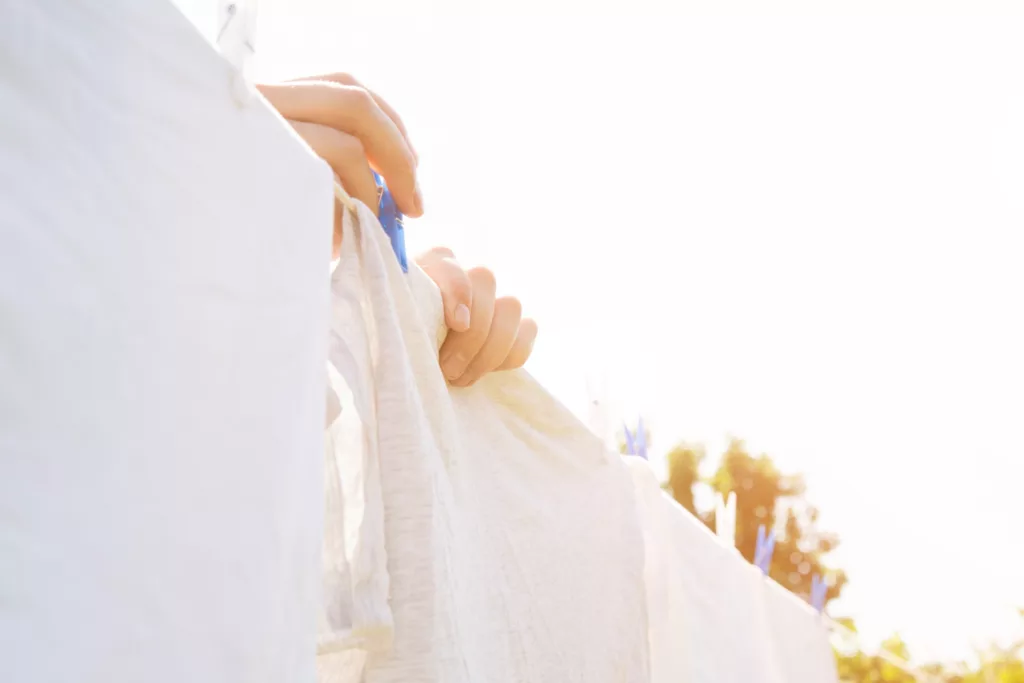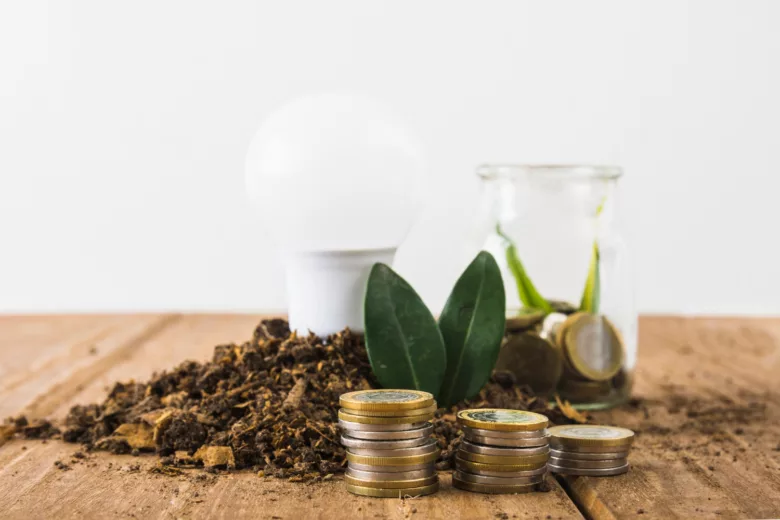Reducing energy consumption not only benefits the environment but also helps lower your utility bills. By adopting energy-saving habits, you can make a positive impact on both your wallet and the planet. In this article, we will explore the top 15 energy-saving tips that will not only cut down your energy expenses but also contribute to a more sustainable lifestyle.
Switch to LED Bulbs

LED bulbs use significantly less energy and last much longer than traditional incandescent bulbs. By replacing your old bulbs with energy-efficient LEDs, you can reduce your lighting costs and enjoy substantial savings over time.
Unplug Electronics When Not in Use
Many electronic devices continue to consume energy even when they are turned off. Unplug chargers, laptops, gaming consoles, and other electronics when they are not in use to avoid unnecessary “phantom” energy usage.
Use a Programmable Thermostat
Invest in a programmable thermostat to optimize your home’s heating and cooling. Set it to lower temperatures during the night and when you’re away. This simple adjustment can lead to significant energy savings.
Seal Air Leaks
Drafts around doors and windows can waste a substantial amount of energy. Use weatherstripping and caulking to seal air leaks, preventing warm or cool air from escaping your home and helping you maintain a comfortable temperature indoors.
Opt for Energy-Efficient Appliances
When it’s time to replace household appliances, choose energy-efficient models with the ENERGY STAR label. These appliances use less energy, which can result in notable reductions in your electricity bills.
Wash Clothes in Cold Water
Heating water for laundry can account for a significant portion of your energy bill. Washing clothes in cold water is just as effective and can save you money on water heating costs.
Air Dry Laundry

Whenever possible, opt for air drying your laundry instead of using the dryer. Hanging clothes outside or using a drying rack indoors not only conserves energy but also helps extend the life of your garments.
Adjust Water Heater Temperature
Lower your water heater’s temperature to 120°F (49°C) to reduce energy consumption. This adjustment is usually sufficient for most households and prevents overheating water unnecessarily.
Utilize Natural Light
Make the most of natural light during the day by opening curtains and blinds. Reducing the use of artificial lighting can result in lower energy consumption and a more pleasant living environment.
Install Energy-Efficient Windows
If you’re planning to upgrade your windows, consider installing energy-efficient windows with double or triple glazing. These windows provide better insulation and can lead to energy savings in both heating and cooling.
Insulate Your Home
Proper insulation in your walls, attic, and crawl spaces can significantly reduce heating and cooling expenses. Insulation helps maintain a consistent indoor temperature, reducing the need for excessive heating or cooling.
Use Ceiling Fans Wisely

Ceiling fans can help distribute cool air during the summer and circulate warm air in the winter. Use them strategically to complement your HVAC system and save on heating and cooling costs.
Limit Shower Time
Shorten your shower time to conserve both water and energy. You can also install a low-flow showerhead to further reduce water usage without compromising on water pressure.
Cook Efficiently
When cooking, use the right-sized pots and pans that fit your stove burners. Cover pots and pans to retain heat and cook more efficiently. Also, consider using a microwave or toaster oven for smaller meals to save energy compared to using a full-sized oven.
Embrace Smart Power Strips
Smart power strips automatically cut off power to electronic devices when they are not in use or in standby mode. They help eliminate vampire energy drain and save electricity.
Conclusion
Implementing these top 15 energy-saving tips can lead to noticeable reductions in your energy bills while promoting a more environmentally conscious lifestyle. From using LED bulbs and energy-efficient appliances to sealing air leaks and embracing natural light, small changes can make a big difference in your energy consumption. By incorporating these energy-saving habits into your daily routine, you can enjoy both financial savings and contribute to a more sustainable future.
Frequently Asked Questions
Answer: While some tips, like insulating your home, apply universally, others may have more significant impacts depending on your local climate. Adjust the tips according to your specific environment to maximize energy savings.
Answer: Yes, energy-efficient windows can lead to significant energy savings over time and contribute to a more comfortable and insulated living environment.
Answer: Yes, smart power strips can be used with various electronic devices and are especially useful for devices that tend to draw power even when turned off.
Answer: Lowering the water heater temperature to 120°F (49°C) is generally sufficient for most households’ hot water needs, but you can adjust it according to your preferences.
Answer: Initially, LED bulbs may have a higher upfront cost, but their energy efficiency and longer lifespan make them more cost-effective in the long run.




Leave a Review